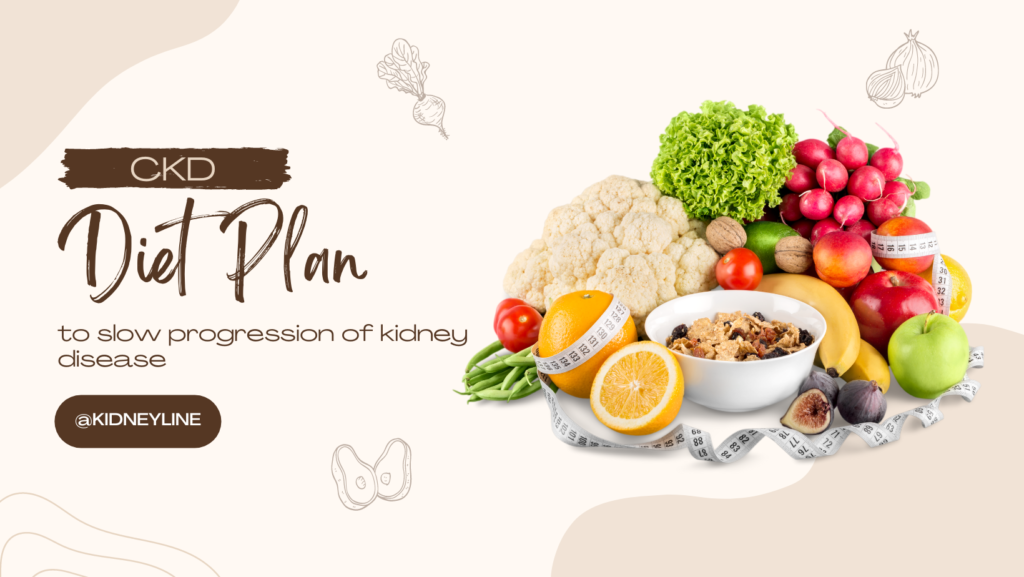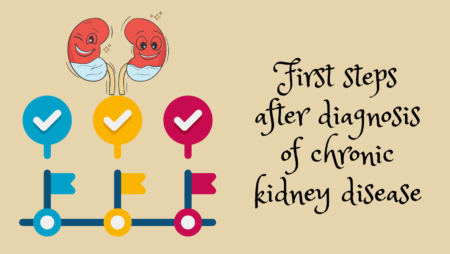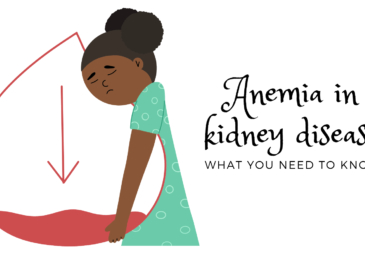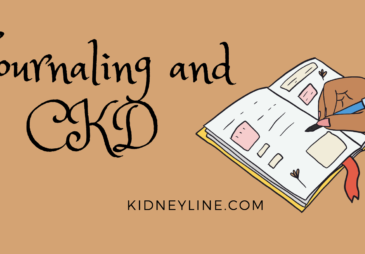Many people with chronic kidney disease (CKD) get overwhelmed with emotions when they receive a diagnosis. They worry about what it means for them and their loved ones. If you have CKD, it’s best not to drown in negative emotions. Focus instead on your next steps. People who participate actively in their care do better than those who don’t. Here are some practical first steps after receiving a diagnosis of CKD.
Find a doctor
You need to get a doctor who knows how to treat CKD. The disease is complex and affects several organs. It also affects people differently. As such, your treatment will be individualized as it depends largely on
- Stage of the disease
- The underlying cause of CKD
- Complications
- Social life
- Occupation
- Available finances/insurance
For example, a person who lives in a shanty without access to clean water would likely have difficulty using peritoneal dialysis for treatment. Similarly, a person with stage 2 kidney disease would not need as much dietary restriction as someone with stage 5.
Find a doctor you are comfortable with. You will have questions. It’s important that you can ask those questions in a warm environment. Here are 5 must-ask questions for your first appointment.
You should also keep up with your appointments. During visits, report any unusual symptoms. It’s common for people to trivialize some symptoms. For example, research has shown that many CKD patients do not tell their doctors when they have itching. Yet, itching affects sleep and is linked to depression and worse outcomes. Letting your doctor know what is happening will go a long way in your management.
Find a dietitian to work with
CKD will mean changes to your diet as the disease progresses. These changes are necessary as they slow the disease and reduce the incidence of some complications like high potassium levels.
If the hospital you’re with is big enough, they may have a dietitian trained in CKD. If it’s a small hospital, you could ask the doctor or nurses if they could recommend a dietitian. Remember that you need a dietitian trained to work with people with CKD.
Here are some ways a dietitian can work with you
- Plant-based diet
- Low protein diet
- Low potassium diet
- Safe weight loss diet
People with CKD may also suffer from malnutrition in the later stages of the disease. But working with a dietitian can help prevent/treat it.

Learn about the disease
The outcome is better when you are an active participant in your management. And there are a lot of resources to help you learn about the disease.
When you have CKD, your kidneys have trouble filtering blood and removing wastes. This leads to a build-up of waste. CKD also causes low blood levels because the kidney helps in red blood cell production.
In the early stages of the disease, you may not have any symptoms. With time symptoms may emerge, including
- Fatigue
- Body swelling
- Vomiting
- Hiccups
- Tummy pain
Learning about the disease will also help you identify things that can injure the kidneys like
- Drugs
- Herbs
- Chemicals
- Infections
- High blood sugar
As you learn more about the disease and go for your check-up visits, stay informed about your results. If the disease progresses to stage 5, you will need to have a conversation about renal replacement therapy. Many kidney specialists will raise the issue by stage 4. The options for renal replacement are
- Conservative care
- Dialysis
- Kidney transplant
Know your drugs
If you have CKD, you should be able to identify all your drugs.
- What do they do?
- How should they be taken?
- What are the common side effects?
Some drugs have specific instructions. For example, should they be taken in the morning or at night? With meals, before meals or anytime?
Some medications you may be on when you have CKD are
- Antihypertensives: These will lower your blood pressure. High blood pressure will cause further damage to your kidneys. It can also lead to a stroke and heart attack.
- Iron: You may be given iron tablets or injections. Iron helps to build your blood level. Many people with CKD have low iron stores.
- Phosphate binders: These are given to prevent high blood phosphate. They bind phosphate in the food. Because of the way they work, phosphate binders should be taken with meals. If you take them long before you eat, there’s nothing for them to bind.
- Diuretics: These will be prescribed if you have body swelling. Diuretics make you pee a lot.
- Vitamin D supplements: People with CKD have low levels of active vitamin D. So, your doctor may prescribe calcitriol supplements.
- Cholesterol medications: Your doctor may prescribe statins to lower cholesterol levels. These will also help reduce your risk of stroke and heart problems.

Choose healthy living
It may sound cliche, but the recommendations for healthy living work well as CKD self-care tips.
- Exercise
- Low salt diet
- Eat less processed food
- Eat less saturated fat
- Eat more fruits and vegetables
- Increase fiber intake
- Get enough sleep
- Optimize your body weight
- Reduce stress
- Limit alcohol
- Quit smoking
Exercising may be difficult for those in the later stages of the disease especially if you have fluid retention and some difficulty breathing. If you have low blood levels, it may also be hard for you to exercise. If you can exercise, it’s best to start slowly and gradually increase the exercise intensity. Walking is a great way to begin.
CKD can also impact sleep. Try to incorporate good sleep hygiene techniques like refraining from carrying devices to bed and going to bed at a specific time. There are also sleep apps that can help.
Build a support system
Having a support system is very helpful. Your loved ones want to help. Sometimes it’s difficult to watch your loved ones stress out over taking care of you. But recognize that they are doing it from a place of love. Learn to share your diagnosis and feeling with your trusted loved ones.
If it is possible, have a wide support system. That way, the burden is not much on one person. If your hospital or state has a CKD community, you may check them out. Some people have also joined online CKD forums. They find that meeting other people with similar illnesses soothes them.
Bottom line
CKD comes with many challenges. However, cultivating the right mindset and committing to action can help you live well with the disease.




